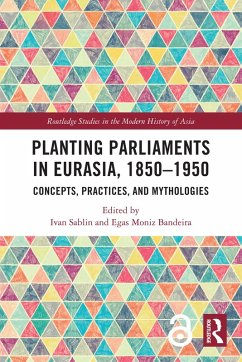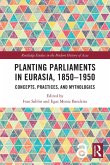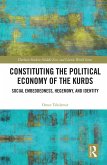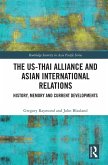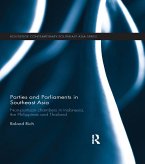Parliaments are often seen as Western European and North American institutions and their establishment in other parts of the world as a derivative and mostly defective process. This book challenges such Eurocentric visions by retracing the evolution of modern institutions of collective decision-making in Eurasia. Breaching the divide between different area studies, the book provides nine case studies covering the area between the eastern edge of Asia and Eastern Europe, including the former Russian, Ottoman, Qing, and Japanese Empires as well as their successor states. In particular, it explores the appeals to concepts of parliamentarism, deliberative decision-making, and constitutionalism; historical practices related to parliamentarism; and political mythologies across Eurasia. It focuses on the historical and "reestablished" institutions of decision-making, which consciously hark back to indigenous traditions and adapt them to the changing circumstances in imperial and postimperial contexts. Thereby, the book explains how representative institutions were needed for the establishment of modernized empires or postimperial states but at the same time offered a connection to the past.
The Open Access version of this book, available at http://www.taylorfrancis.com/books/e/9780367691271, has been made available under a Creative Commons Attribution-Non Commercial-No Derivatives 4.0 licence.
The Open Access version of this book, available at http://www.taylorfrancis.com/books/e/9780367691271, has been made available under a Creative Commons Attribution-Non Commercial-No Derivatives 4.0 licence.
Dieser Download kann aus rechtlichen Gründen nur mit Rechnungsadresse in A, B, BG, CY, CZ, D, DK, EW, E, FIN, F, GR, HR, H, IRL, I, LT, L, LR, M, NL, PL, P, R, S, SLO, SK ausgeliefert werden.

